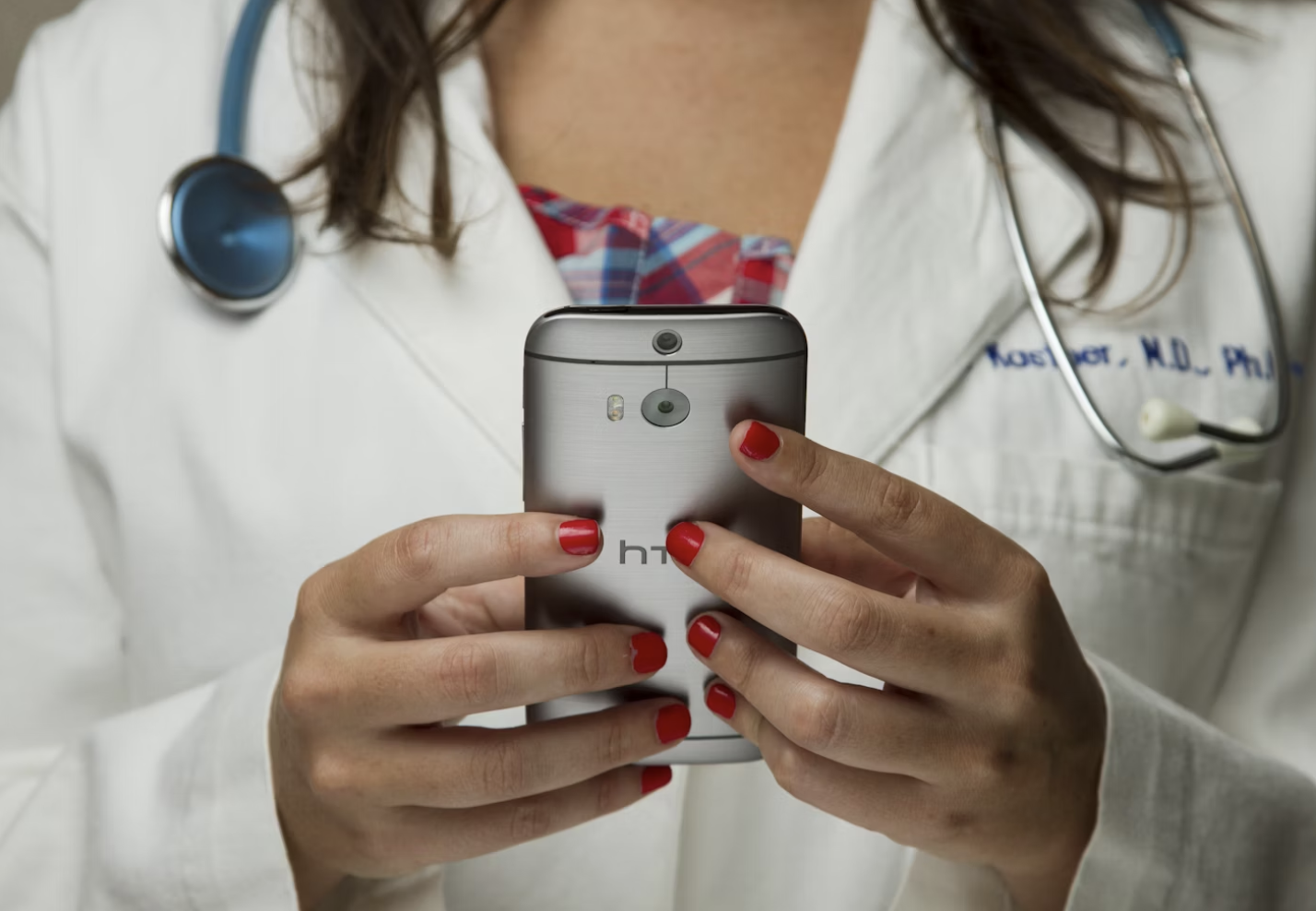Is In-Person Superior to Telemedicine?

The Benefits of In-Person Medical Appointments Over Telemedicine
In recent years, telemedicine platforms like Doxy.me and Zoom have become increasingly popular, especially during the COVID-19 pandemic. These platforms offer convenience and accessibility, allowing patients to consult with healthcare providers from the comfort of their homes.
However, despite the many advantages of telemedicine, in-person medical appointments remain irreplaceable in several critical aspects of patient care. Here’s why face-to-face consultations with healthcare professionals are essential and often superior to virtual visits.

First, let’s define Telemedicine. Telemedicine is the practice of providing medical care remotely, using digital communication technologies such as video conferencing, phone calls, and mobile apps. It allows healthcare professionals to diagnose, treat, and monitor patients without the need for an in-person visit.
1. Comprehensive Physical Examination
One of the most significant benefits of in-person medical appointments is the ability for healthcare providers to perform a thorough physical examination. Physical exams are fundamental to diagnosing many conditions, as they allow doctors to:
- Palpate areas of concern to detect abnormalities.
- Listen to heart and lung sounds using a stethoscope.
- Check vital signs such as blood pressure and temperature accurately.
- Perform specialized tests like reflex checks and range-of-motion assessments.
These examinations provide critical insights that are not possible through video calls, ensuring a more accurate diagnosis and effective treatment plan.
2. Immediate Access to Diagnostic Tools
During an in-person visit, doctors have immediate access to a range of diagnostic tools and tests that are not available during virtual consultations. These tools include:
- Blood tests and urinalysis.
- Imaging studies like X-rays, MRIs, and CT scans.
- EKGs to assess heart function.
The ability to perform and interpret these tests on the spot can lead to quicker diagnosis and treatment adjustments, which is particularly crucial for urgent or complex medical conditions.
3. Enhanced Doctor-Patient Relationship
Face-to-face interactions foster a stronger, more personal doctor-patient relationship. This connection is built on direct eye contact, body language, and physical presence, all of which contribute to:
- Better communication and understanding.
- Increased patient comfort and trust.
- Greater patient satisfaction and adherence to treatment plans.
These interpersonal elements are harder to replicate in virtual settings, where technical issues and lack of physical presence can create barriers to effective communication.

4. More Accurate Assessment of Non-Verbal Cues
What’s a non-verba queue? A non-verbal cue is a form of communication without the use of words, relying instead on body language, facial expressions, gestures, posture, and other physical behaviors. Non-verbal cues can convey a wide range of emotions and intentions and are an essential part of human interaction.
Albert Mehrabian, a researcher, claims that 38% of communication is vocal, 7% is word-only, and 55% is nonverbal. The 7-38-55 rule was developed based on two investigations that Mehrabian carried out in 1967.
Non-verbal cues play a vital role in medical assessments. Doctors often rely on observing a patient’s:
- Facial expressions and demeanor.
- Posture and gait.
- Skin condition and color changes.
These observations can provide important clues about a patient’s health and well-being, aiding in the diagnosis of conditions like depression, anxiety, or even physical ailments that the patient may not verbally express.
5. Immediate Intervention for Emergencies
In-person visits allow for immediate intervention if a patient’s condition deteriorates suddenly. For example:
- A patient showing signs of a stroke can receive prompt, life-saving treatment.
- Anaphylactic reactions can be addressed immediately with emergency medication.
In a virtual setting, the time taken to call emergency services and receive help can mean the difference between life and death in critical situations.
6. Enhanced Privacy and Security
While telemedicine platforms strive to maintain high levels of security, there are always risks associated with transmitting sensitive health information over the internet. In-person appointments provide a higher level of privacy and confidentiality, ensuring that personal health information is protected from potential cyber threats.
7. Better for Comprehensive Care
For managing chronic conditions, preventive care, and follow-ups, in-person appointments often provide a more comprehensive approach. They allow healthcare providers to:
- Perform necessary tests and procedures on the spot.
- Monitor treatment progress more closely.
- Make adjustments to treatment plans based on real-time observations.
This comprehensive approach is vital for conditions that require ongoing management and frequent adjustments.
Conclusion
Even though telemedicine has many advantages, particularly in terms of accessibility and convenience, it cannot completely replace the breadth and caliber of treatment that in-person medical sessions offer. However, there must be a balance – RCC prides itself on in person care management and sending our case managers and team members to client homes/appointments, and even being able to offer telemedicine appointments where necessary.
Face-to-face consultations are essential in healthcare because they allow medical professionals to conduct comprehensive physical exams, access instant diagnostic tools, establish strong doctor-patient relationships, accurately assess non-verbal cues, intervene quickly in emergencies, ensure better privacy, and provide comprehensive care.
A balance between in-person visits and telemedicine is necessary for the greatest potential health outcomes, guaranteeing that patients receive individualized care.
If you have questions about Telemedicine or want to learn more about what services RCC can provide, please contact us today.
